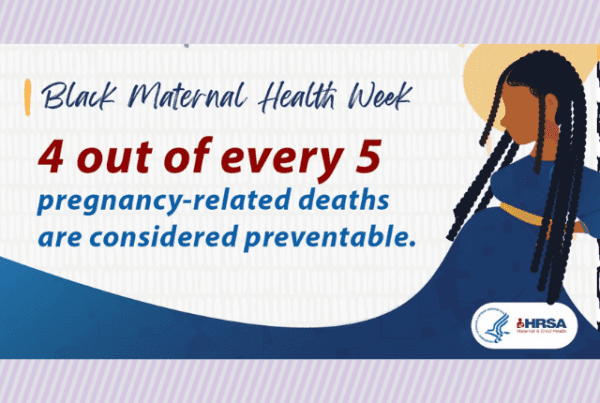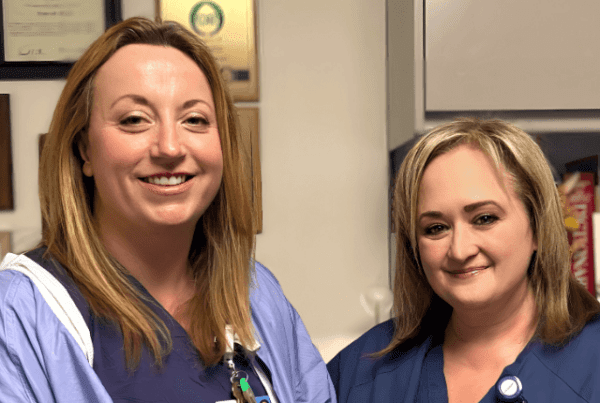Quick Read
-
The opening of the Center for Behavioral Health and Learning marks a new era in addressing our state’s need for additional behavioral health services and workforce training programs.
-
Clinical services will include three inpatient units with 25 geriatric psychiatric beds, 50 medical/surgical beds, 75 long-term civil commitment beds, and an outpatient clinic for neuromodulation therapies.
-
Located on the building’s ground floor, the new cafeteria for staff, patients and visitors at UW Medical Center – Northwest will open on April 16.
When the Center for Behavioral Health and Learning opens tomorrow, it will mark the beginning of a new era for behavioral healthcare at UW Medicine and for more than 1 million residents in our state with a mental health diagnosis.
At this specially designed center, UW Medicine clinicians and staff will treat patients with complex medical and behavioral health needs in a welcoming and safe environment. The center will also give us increased capacity for inpatient psychiatric care and serve as the site for our training and workforce development programs.
A Welcoming and Safe Environment: In designing this building from the ground up, we focused on creating an environment to promote healing and recovery. Patients will benefit from having large interior spaces for group therapy programs, art throughout the building and beautiful campus views. The new environment is also ideally suited for clinicians and staff working at the center. Their work areas have been designed to provide high-quality patient care in a safe environment with controlled entrances, clear sight lines from nursing stations, and large windows to observe group therapy and consult rooms.
Our vision for the future of behavioral health is also reflected in our decision to move the main cafeteria for UW Medical Center – Northwest to the ground floor of this new building. With its bright indoor and outdoor seating areas serving the entire campus, this location will help to counter the stigma of behavioral health as something separate from physical health by making the center a gathering place for all staff, patients and visitors.
Expanding Behavioral Health Services: We will have phased openings for our behavioral health service lines and inpatient units at the center. This month, we will open the Garvey Institute Center for Neuromodulation, a new clinic where we will offer state-of-the art treatments such as transcranial magnetic stimulation therapy and electroconvulsive therapy.
The center’s inpatient units will have 25 geriatric psychiatric beds, 50 medical/surgical beds for patients who need both behavioral health and medical/surgical care, and 75 long-term civil commitment beds for patients who are hospitalized for 90 to 180 days under a court order. These units will begin admitting patients in June and July and will reach full capacity over the next twelve months. While not intended for crisis care, our inpatient units will help free up acute care psychiatric beds at Harborview and other area hospitals by allowing those facilities to transfer patients who require longer-term care to the center.
We are grateful to Governor Jay Inslee and the Washington State Legislature for recognizing UW Medicine’s unique role in addressing our state’s needs for behavioral health and for providing $244 million in funding to build the center. We also want to thank our UW Medicine, University of Washington, and labor and construction partners who have helped to make our vision for the center a reality.
As we look to the future, we are confident that the Center for Behavioral Health and Learning will play a vital role in our mission to improve health for all people in our state.
Sincerely,
Timothy H. Dellit, MD
Chief Executive Officer, UW Medicine
Executive Vice President for Medical Affairs and
Paul G. Ramsey Endowed Dean of the School of Medicine,
University of Washington
Cindy Hecker
Chief Executive Officer
UW Medical Center (Montlake and Northwest campuses)
Jürgen Unützer, MD, MPH, MA
Professor and Chair, Department of Psychiatry & Behavioral Sciences, University of Washington
Director, Garvey Institute for Brain Health Solutions, UW Medicine
Paul G. Ramsey Endowed Chair for Brain Health Solutions


